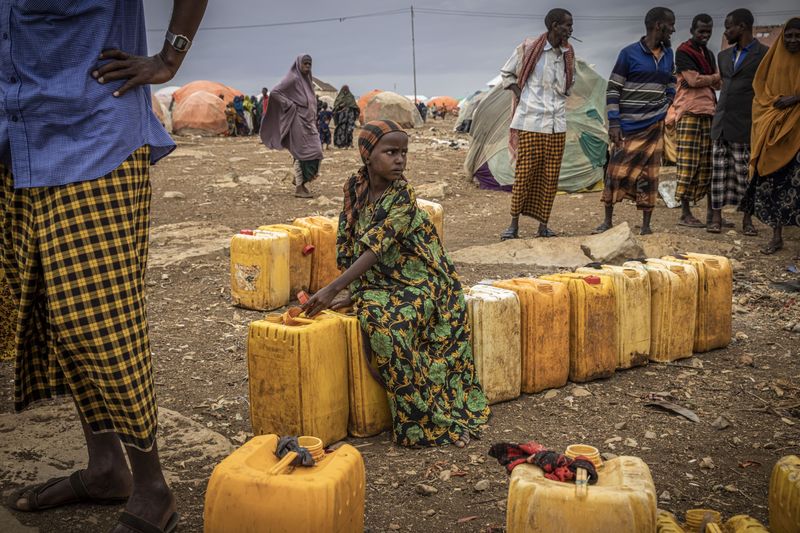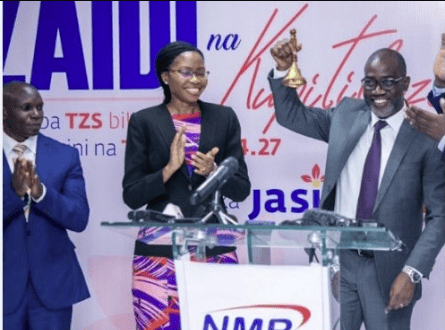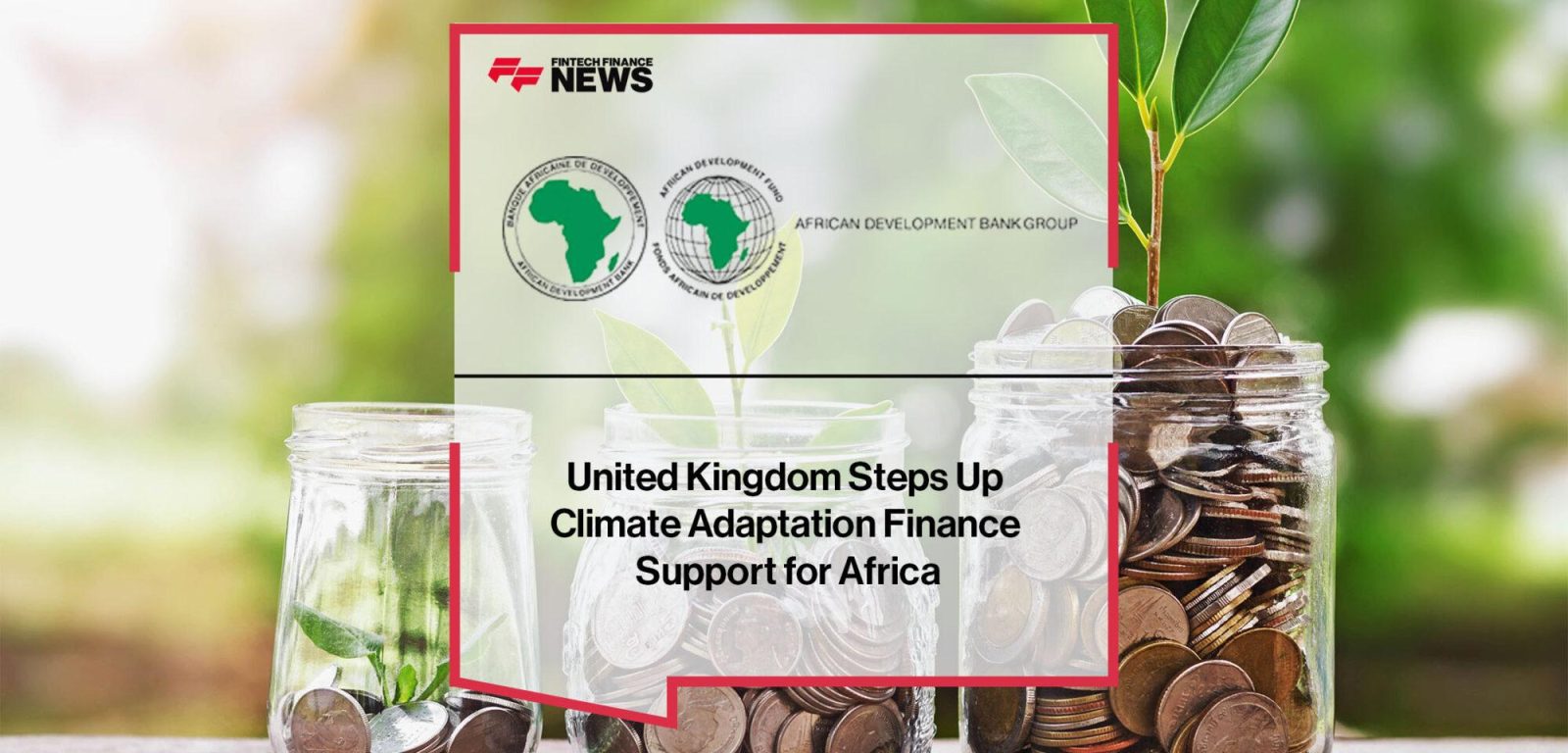At An Average Investment Of USD 250 Billion Annually From 2020 To 2030
The African continent presents a massive investment opportunity for investors to advance the deployment of climate solutions in the coming decade according to a new report Climate Finance Innovation for Africa. However, this will require innovation in financing structures and the strategic deployment of public capital to ‘crowd-in’ private investment at levels not yet seen.
Current levels of climate finance in Africa fall far short of needs. Africa’s USD 2.5 trillion of climate finance needed between 2020 and 2030 requires, on average, USD 250 billion each year. Total annual climate finance flows in Africa for 2020, domestic and international, were only USD 30 billion (CPI forthcoming), about 12% of the amount needed.
Barriers related to shallow financial market depth, governance, project-specific characteristics, and enabling skills and infrastructure have stifled private investment in African climate solutions to date.
To overcome these challenges will require innovation in financing structures. But there is no one-size fits all. Public and private investors must tailor their financial instruments and strategies depending on the acute or chronic nature of the barriers identified.
Recommended actions for increasing deployment of innovative finance include:
- Identify and understand barriers constraining finance by sector and geography. Private investors must have the data to assess the risks affecting each investment decision based on its geographic and sectoral context. Building on their role as a catalyst for change, public investors should then deploy capital in a targeted way to address the specific barriers constricting private investment.
- Match instruments with barriers. Public and private investors must tailor their financial instruments and strategies depending on the acute or chronic- nature of the barriers identified. The framework developed in this CPI study can serve as a toolbox for investors to access when reviewing investment opportunities in climate solutions.
- Match instruments with project and technology lifecycles. As climate investments are typically long-term opportunities, investors must look to deploy different financial instruments and strategies in direct response to lifecycle-dependent considerations.
- Enhance engagement and co-financing with local stakeholders. International private and public investors must work in collaboration with local stakeholders. This can help build capacity among local investors and inform targeted action by governments to improve investment performance.
- Support innovation by establishing conducive policy and regulatory frameworks. Governance barriers remain one of the key impediments to sourcing climate finance in Africa. Most importantly, policymakers and regulators can foster climate finance innovation by adopting policy frameworks and long-term roadmaps.
This work provides a framework for how these instruments and strategies can be efficiently deployed to overcome barriers to finance and capitalise climate solutions in Africa. Real-world examples include:
- TerraFund for AFR 100 has deployed a standardized process to deploy early-stage catalytic finance and technical assistance to spur the growth of grassroots innovators operating in the challenging land restoration sub-sector. It has mobilized USD 20 million in its initial round of investment, doubling the fundraising target it set out to raise over three years in 2020.
- The Sub-National Climate Finance Initiative’s use of blended private equity and technical assistance to overcome the project and governance barriers facing investment in mid-sized climate infrastructure projects. To date, it has secured USD 150 million in funding for its blended equity fund.
- Revego Africa Energy’s strategy of aggregating a diversified portfolio of operating renewable energy assets into Africa’s first YieldCo to attract investment from key/blue chip institutional investors. With support from a public-private partnership between Macquarie and the UK Government, Revego has secured institutional capital from one of the largest pension funds in South Africa.
This brief provides an overview of financial and non-financial solutions to address sector specific barriers. It provides six groups of practical instruments: non-tradable finance instruments; capital market instruments; result-based finance instruments; risk mitigation instruments; structured finance mechanisms and non-financial tools. Each of these tools has the potential to address one or more of the barriers currently hindering climate investments in Africa.
This paper is part of The State of Climate Finance in Africa series from Climate Policy Initiative, The Children’s Investment Fund Foundation, and FSD Africa. The Landscape of Climate Finance in Africa report will be published later this summer.
Read original article









